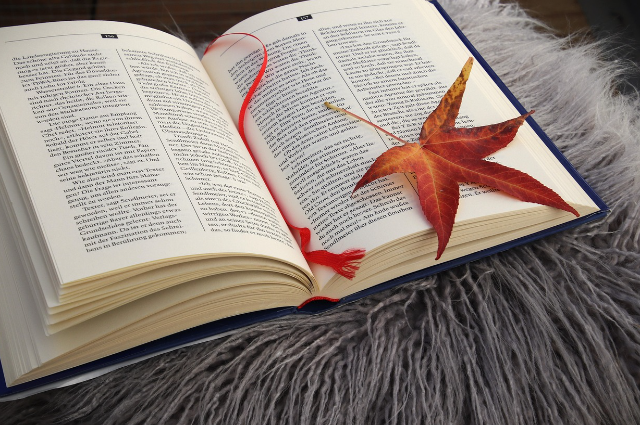
Literature is a vast arena encompassing works across different regions, languages, and cultural edicts, which are compiled and preserved. One person, in their whole lifetime, cannot even think of finishing literary works from their language and culture, let alone explore the literature of the world. Among all of the world’s literature, English literature is probably the most well-recognised due to the consequences of colonisation and the spread of the language due to its adaptability.
Different countries have their version of English Literature, such as British Literature, American Literature, Australian Literature and more. Many countries also have diaspora English Literature and English Literature written by people of countries that do not have English as a popular language.
In the grand scheme of literature written in the English language, the works originating from the country of Canada are often overlooked in favour of British, Irish, or American literature. Canada is not even thought of when the topic of famous literature comes up, despite there being two Nobel Prize winners of Canadian origin on the roster. Perhaps a person might have read the occasional feel-good novel of L.M. Montgomery about the red-headed Anne and her adventures, or the feminist dystopian novel The Handmaid’s Tale by Margaret Atwood, one of the more recognisable writers from Canada presently.
Canadian Literature also encompasses literature produced in the French language, with famous authors like Gabrielle Roy and Nicole Brossard, contributing beautiful works that stand toe-to-toe with French works from countries like France and its colonies.
However, when it comes to venturing into the pages of the forgotten neighbour of the USA, it is easier said than done. Seeking out Canadian authors is not exactly a hobby, and the few works studied have had a stark pessimism about it bleeding through the pages. Besides, most people do not even consider the existence of Canadian literature when it comes to the wider part of English literature that is read by people. There is no Shakespeare to be identified in Canadian literature.
In the writings, the Canadian identity is unable to transcend beyond its limiting geography and its suffocating presence, which forces the writers into keeping it grounded and real. There is a deconstruction of the dream that is ‘Canada’ and the reality that is ‘Canada’, especially from the writers of non-white origin. The intermingling of space and identity makes up the majority of the Canadian literature visited here.
Of course, limiting the literature of the country to just English is ignoring the many writers who enriched the world with their French-language works, but the question of French-Canadian literature has to remain unexplored right here, as the focus is on the English works of the country.
The literature of Canada heavily explores their spatial identity – the place where they have settled, with its harsh climate and sparsely populated wilderness. To the white people of the region, whose ancestors had made it all the way to the country, the place is at once foreign and familiar. On one hand, they were born and raised in the land, but on the other, their bodies are yet to acclimate to the strange land. The history of violence against the natives and settlements is distorted, and the crisis of identity, therefore, comes into play.
In Canadian literature, the basic question “where am I” as they are still stuck in the mentality of the land instead of exploring their internal identity such as many other cultures and their literary works. As such, their works are wholly Canadian in a way that cannot escape the bounds of their cultural misplacement. While there are authors in other cultures that fully feature their culture, it has a universal quality to it that tries to embrace culture, while Canadian works have a sort of cultural fragmentation.
There is a sense of confinement in the writings as well as the echoes of suppressed minorities, whether it be women of all races or the institutionalised racism within the framework of Canada that prevented the voices from escaping, even through art. A sense of confusion lies in between the lines of the poems and the essays and the novels and the dramas – each one contributing to the mess that is the Canadian landscape and identity where one is forced to live in a country that has neither Native identity (due to forced removal) or white identity (due to lack of settlements). The white Canadian identity is one that forced its way into the country – immigrants (or colonisers, depending on the narrative) without acclimatising to its climate and land, yet.
Unlike their Southern neighbour, there is no Mark Twain or Edgar Allen Poe or Louisa May-Alcott who pioneered their literature beyond the borders of the country, and if one does, their Canadian identity is forgotten, sometimes mistaken for the more popular. After all, to an outsider, what is Canada but a diet version of the United States of America? Due to this lack of cultural contribution, Canada is still characterised by stereotypes made by its southern neighbour, spread through popular television and media.
Having failed the balancing act of identities and national insecurity, it is no surprise that the nation of heavy snow, ice hockey, and poutine has failed to bring its literature into the global sphere where it can be appreciated and dissected for years to come. For now, true literary glory remains but a pipe-dream for Canada, the infant country with shattered dreams.
. . .
Sources:
